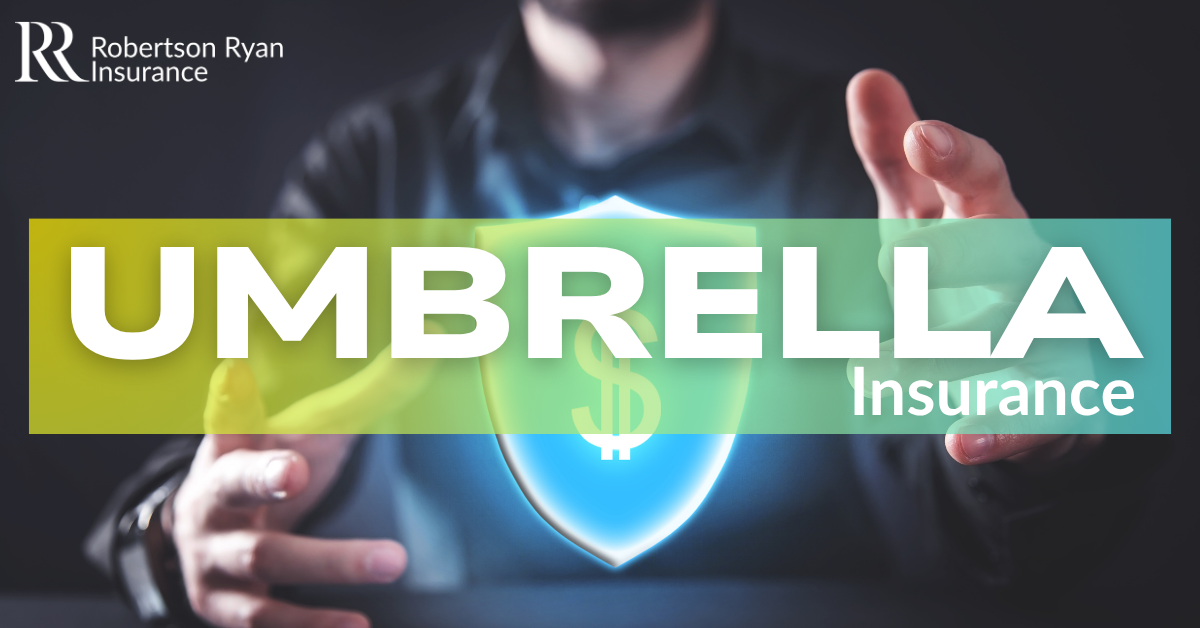Considerations for Umbrella Insurance
October 9, 2025

Umbrella insurance is like an extra safety net for your finances. It goes beyond the limits of your home, auto, or boat policies to protect your savings, income, and future.
If a serious accident happens and you’re held responsible for damages that exceed your regular insurance limits, which can easily happen, an umbrella policy steps in to cover the rest so you’re not paying out of pocket or risking your assets.
For a surprisingly low cost, you can add millions in additional coverage. It’s simple peace of mind that protects everything you’ve worked hard for. Whether you own a home, drive regularly, or have savings to protect, umbrella insurance isn’t just for the wealthy—it’s for anyone who wants real financial security.
Accidents don’t always stop at the limits of your home or auto insurance policy. If you’re held liable for an incident that results in high medical bills, property damage, or even a lawsuit, the costs can quickly exceed your homeowner or auto standard coverages. That’s where umbrella insurance steps in, providing an extra layer of liability protection when your other policies reach their limits.
What Umbrella Insurance Covers
Umbrella insurance extends beyond your homeowners or auto insurance to provide broader and higher limits of protection:
- Injuries to others – If a guest, pedestrian, or another driver is hurt and you’re found responsible, umbrella coverage can cover medical bills beyond your primary policy.
- Property damage – Accidents that damage someone else’s property, whether it’s a vehicle, home, or valuables.
- Legal defense – Coverage for attorney fees, court costs, and settlements if you’re sued for a covered event.
- Personal injury claims – Lawsuits for slander, libel, or defamation, issues not always covered by standard policies.
What Umbrella Insurance Doesn’t Cover
It’s important to note that umbrella insurance isn’t all-encompassing. It won’t cover:
- Your own property or injuries (your health or homeowners insurance handles that).
- Intentional acts or illegal activity.
- Business-related claims (a separate business policy is required).
- Contract disputes.
Why Umbrella Insurance Matters
Without umbrella protection, you may be responsible for damages or judgments that exceed your coverage. Examples include:
- A car accident with multiple injuries where claims exceed auto limits.
- A guest injured in your home, on your property or in your pool.
- Your dog biting a delivery driver.
- A lawsuit over something posted on social media.
Who Should Consider Umbrella Insurance
Although many people associate umbrella insurance with high-net-worth households, it’s actually a smart option for anyone who wants extra protection. Consider it if you:
- Want protection from lawsuits beyond the liability limits in your home or auto policies.
- Own a home, rental property, or vehicles.
- Have teenage drivers or frequently host gatherings.
- Own a pool, trampoline, or pets that pose liability risks.
- Participate in activities or hobbies where accidents could harm others.
Cost of Coverage
One of the most surprising aspects of umbrella insurance is its affordability. A $1 million policy can often cost between $250–$350 per year, a relatively small expense compared to the potential financial risks of a lawsuit.
Umbrella insurance is an overlooked but powerful safeguard. It protects against life’s unexpected accidents and lawsuits, providing peace of mind that your assets – and future income – are better shielded if the worst happens. If you have any questions on umbrella insurance and if it is right for you, reach out to your Robertson Ryan Insurance Agent.
*Please note that we rely on independent sources, and recommend conducting further research or to seek guidance from a qualified industry professional, legal counsel, or licensed insurance agent as appropriate for your needs. These blog posts are intended for general informational purposes only